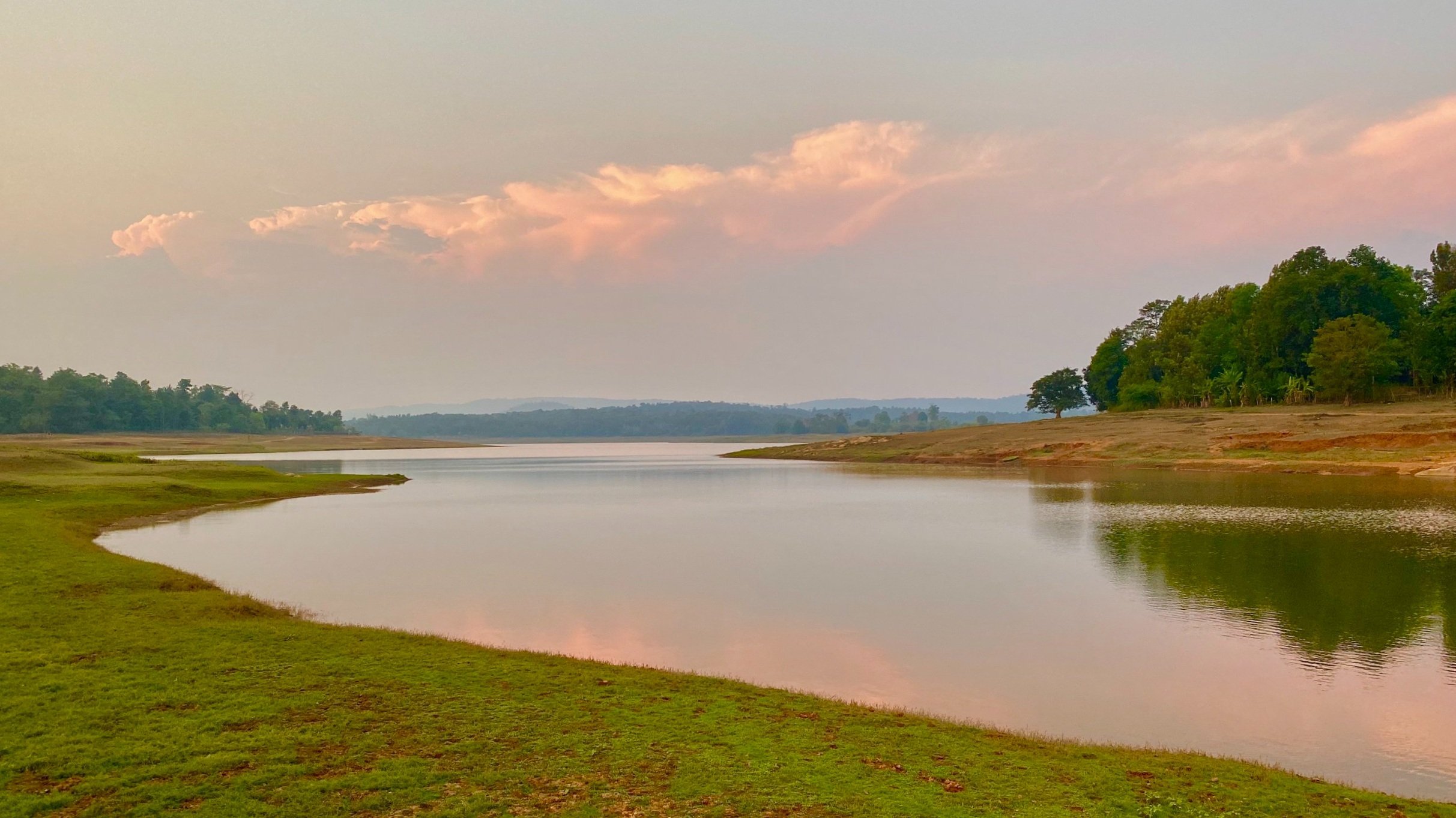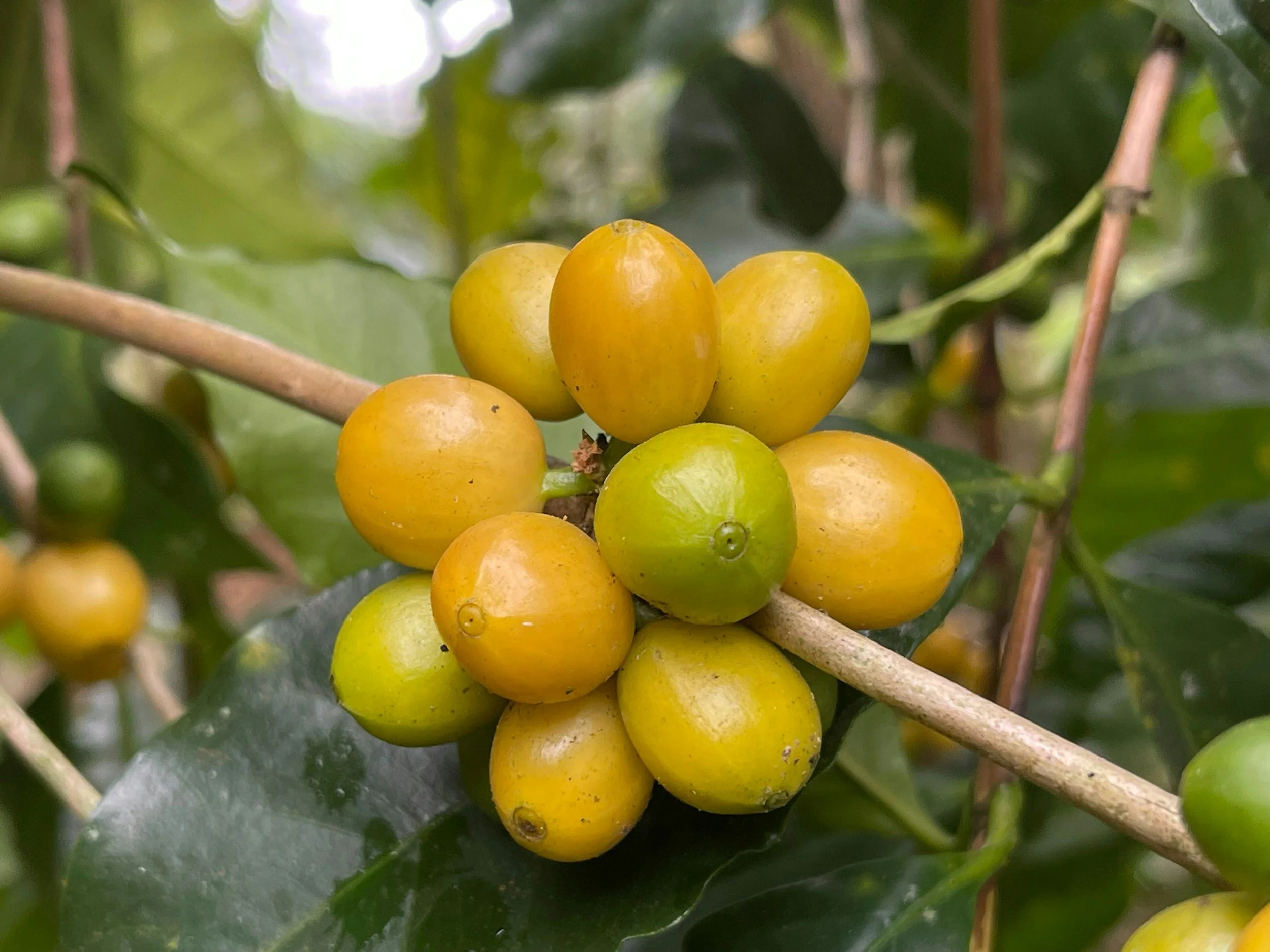-

Welcome to the world of India SICC Mooley Manay Coffee. Indulge in the complexity and richness of this exceptional coffee!
We admire the determination of our partners Komal and Akshay to make coffee a viable way of life for themselves and the region. After their time in the UK, Komal and Akshay returned to Akshay’s family farm in India to restore it and forge alliances with a wide range of very diverse growers in the region. “We weren’t just looking for partners,” says Komal, “we were looking for passionate coffee growers who understood the complexities of this business.” With prices low and people leaving farms to work in cities, their proposition had to be based on higher prices and innovations (both technological and in (regenerative) agriculture). Through hard work and determination, they are proving that coffee can create a better future for the people in their region and for the environment.
-

A sophisticated young origin. Dive into the bright, vibrant flavors of this full-washed Arabica!
Fuadi plays many roles and wears many hats: he is a process designer, an importer, a dry miller, and a financier. He's also an academic and a great risk-taker. Thai coffee was relatively unknown in the international coffee scene before Fuadi and Jane created Beanspire in 2013. The increased production, accompanied by its processing innovation, is almost entirely thanks to Thai specialty roasters and the vibrant third-wave coffee scene. In fact, Thailand only exported 1% of its entire coffee production to the international market when Fuadi stepped in. Poised to bring these jewels to the specialty market, we cannot help but assume today's 10% is thanks to Beanspire.
-

Finding New Hope
In Hopong, hope comes in the form of coffee. For many farmers, it offers a way out of poppy farming—a livelihood that is not only exhausting but also dangerous and deeply stressful. Growing poppies means living under constant threat, facing extortion, hiding harvests, and fearing the loss of an entire year’s work to police raids or theft. With poppies needing to be replanted every season, securing a stable future for families and communities seemed nearly impossible.
When Khun Saw Tun Aung first encouraged farmers to switch to coffee, they hesitated. “We will harvest coffee, all right,” they said, “but who will buy it?” Only 31 families in Bant Swak dared to take the leap. But as Myanmar’s coffee gained international recognition and the project grew stronger, their skeptical neighbors took notice. The success was undeniable. Slowly, more farmers made the shift.
Today, out of 160 households in Bant Swak, 150 now grow coffee. Not all sell to Indigo Mountain, but their transition highlights the incredible impact coffee has had on the region. What started as uncertainty has become a movement—one that is changing lives, one harvest at a time.
